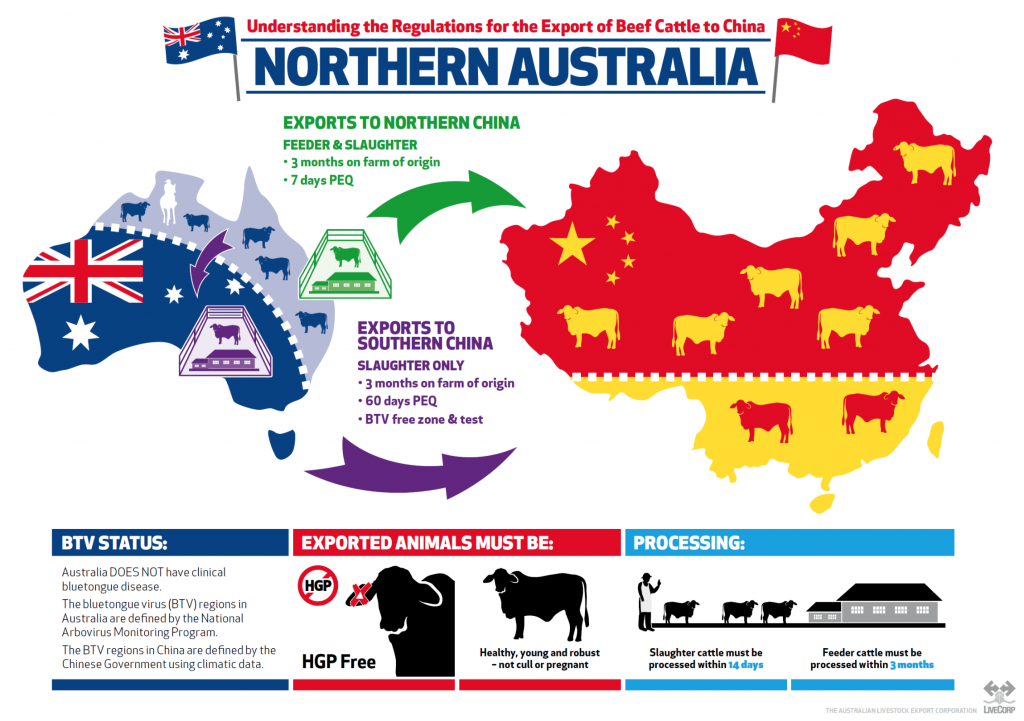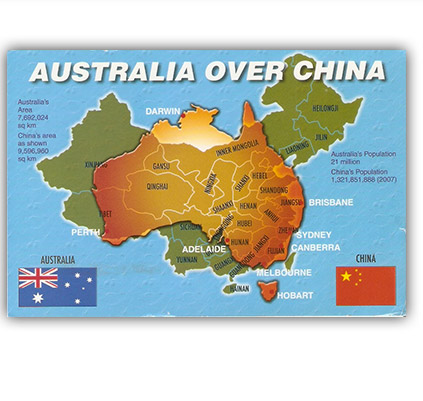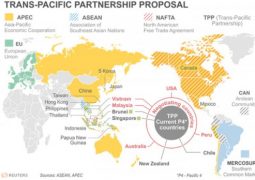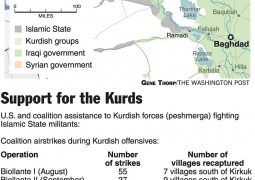Australia should learn from Malaysia and Japan (how to deal with China), says professor John Lee

Australia should learn from Malaysia and Japan
At his first meeting with Chinese Premier Li Keqiang in September, Prime Minister Tun Dr Mahathir Mohamad stressed the benefits of increased engagement with China, but warned against a new version of colonialism by richer and more powerful countries against smaller economies. REUTERS PIC
By professor John Lee – April 16, 2019
AUSTRALIANS will cast their vote in a general election in just over a month’s time. Regardless of the result, China, which has placed Australia in the diplomatic freezer since the first half of 2018, will offer Australia a diplomatic reset after the successful party is sworn in.

Beijing is still furious over recent decisions by Canberra, such as the introduction of legislation targeted against Chinese foreign interference, the banning of Huawei from participating in the country’s 5G rollout, and robust criticism of Chinese actions in the South China Sea. A reset will restore warmth to the bilateral relationship in return for Canberra walking back these hard-line policies.
Diplomatic resets are always tempting following periods of prolonged tension. Such petitions should be politely rebuffed. In international politics and diplomacy, it is preferable to articulate one’s interests and values clearly, consistently and in an up-front manner. Smaller powers must always try to shape the expectations larger powers have of them. If Australia does not create and maintain its own “anchor point” on where it stands, other countries will do it for Canberra.

It is with this approach in mind that Australia can learn from Malaysia’s Tun Dr Mahathir Mohamad after the latter was returned to the prime ministership some 15 years after he retired from that position.
In his first meeting with Chinese Premier Li Keqiang, Dr Mahathir stressed the benefits of increased engagement with China. However, the Malaysian leader warned against a new version of colonialism by richer and more powerful countries against smaller economies. Dr Mahathir spoke about unfair infrastructure deals inked by his predecessor and the debt burdens that these might create for Malaysia. When asked by Li whether he believed in free trade, Dr Mahathir replied bluntly that he believed in “free and fair” trade.
Beijing and the world were taken by surprise by the directness of Dr Mahathir’s comments. Even so, it was excellent statesmanship. The Malaysian leader was setting his clear anchor point for engagement with an important economic partner. He showed Malaysians and others that it remains permissible to say “no” to great powers.
Two other case studies can be presented to emphasise the point. In 2013, Prime Minister Shinzo Abe announced Japan’s desire to make a “proactive contribution to peace” and subsequently reinterpreted sections of the constitution to allow Japan the right of “collective self-defence”, opening up the possibility for Tokyo to join in military actions with allies to protect the Japanese people and their interests. Naval port visits to Southeast Asian claimant states take place at a steady pace, as does Japan’s relationship with Taiwan. As recently as last September, a Japanese submarine participated in war games in the South China Sea for the first time.
Abe has complicated Chinese leader Xi Jinping’s plans to secure political, strategic and diplomatic obeisance from Asian powers. Tokyo pursues its interests whether or not there is Chinese approval or even understanding. Japan endured years of Chinese criticism and condemnation before the recent diplomatic rapprochement when Xi and Abe met in Beijing in late 2018 to herald a new era of friendship and cooperation. Consistency and the diminishing of expectation that one can be easily seduced, intimidated or deceived is the art of good diplomacy.
The contrasting case is South Korea. When Park Geun-hye came to power in 2013, she immediately signalled a move from the previous administration’s pro-American stance towards a more equidistant one between the United States and China. She described her first state visit to Beijing in June 2013 as a “trip of heart and trust”.
In the subsequent two years, South Korea basked in a diplomatic awakening with China, which was described as the most intimate and warm for a generation. The economic relationship was as strong as ever. It culminated in Park attending the Chinese military parade and being given pride of place to mark the 70th anniversary of the end of World War II on Sept 3, 2015, even as apologies were issued from the US, Japan, the EU and every democratic country in Asia.
Reality hit when North Korea conducted its fourth nuclear test on Jan 6, 2016. Park’s decision to deploy the US Terminal High Altitude Area Defence anti-ballistic missile system — a completely reasonable response — enraged Beijing.
Last year, it is estimated that unofficial but real Chinese sanctions against South Korea cost the latter’s economy almost US$10 billion.
Beijing’s kinder face reappeared only when Park’s successor, Moon Jae-in, agreed to the “three nos”: no further US anti-ballistic missile systems, no integration into a region-wide US missile defence system, and no trilateral military alliance with the US and Japan. These are sovereign decisions that should never be subject to the agreement of another country.
Dr Mahathir and Abe offer the better standard in terms of dealing with a great power which is both an indispensable economic partner and a troubling strategic presence.
After the May 18 election is over, either Scott Morrison or Bill Shorten must take heed.
The writer, who submitted this article to NST, is a senior fellow at the Hudson Institute, Washington DC and the United States Studies Centre at the University of Sydney. He had served as senior national security adviser to the Australian Foreign Minister from 2016-2018.
- Previous Turkish ruling party wants Istanbul election voided, redone
- Next What’ve you dung? Chinese tourist defecates on Port Dickson beach, netizens lose their s***










